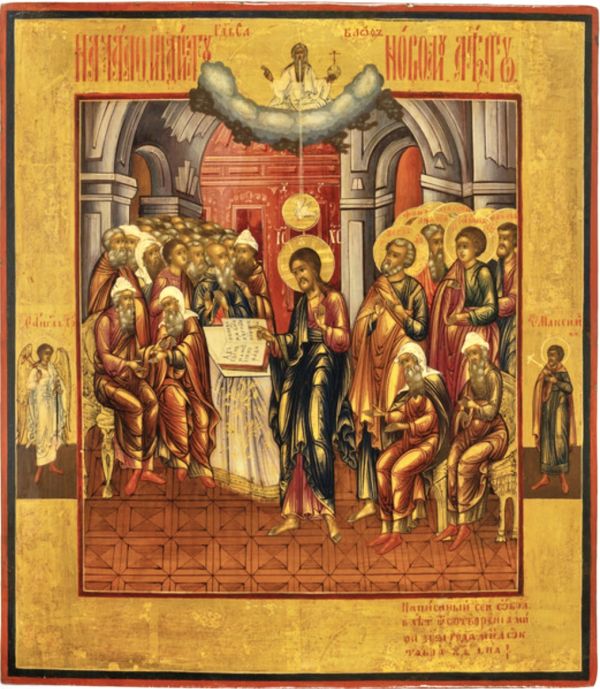Francis had been mocked and treated like a madman in his native Assisi, looked down upon as an unclean cloth by the 'good people' of the place, sunk in feudal solace and entertainment.
After his conversion, invested by the power of the Spirit, he had understood that his mission was to proclaim the joyful message of the Father to the poor, proclaiming the year of grace of the Lord with the concrete witness of his life.
This had placed him on the track of the poverty of the Son of God, making himself one with it wherever he saw it.
The Sources, teachers of lived life, inform us:
"He stooped, with marvellous tenderness and compassion, towards anyone afflicted by some physical suffering, and when he noticed in someone indigence or need, in the sweet pity of his heart, he regarded it as a suffering of Christ himself.
He had an innate feeling of clemency, which the pity of Christ, infused from above, multiplied.
He felt his heart melt in the presence of the poor and the sick, and when he could not offer help, he offered his affection.
One day, a friar responded rather harshly to a poor man, who asked for alms in an importunate manner.
Hearing this, the pitiful lover of the poor commanded the friar to prostrate himself naked at the poor man's feet, to plead guilty, and to ask him in charity to pray for him and forgive him.
The friar did so, and the Father commented sweetly:
"Brother, when you see a poor person, the mirror of the Lord and his poor Mother is placed before you. Likewise in the sick, know how to see the infirmities with which Jesus clothed Himself".
In all the poor, he, himself poor and very Christian, saw the image of Christ. Therefore when he met them, he generously gave them everything they had given him, even the necessities of life; indeed, he was convinced that he had to give it back to them, as if it were their property" (FF 1142).
The voice of the Lord had been heard in his heart for some time, inviting him to fulfil a specific and new mission, by the Spirit.
After a vision given to him from on high, a divine Voice had spoken to him and Francis had responded:
"Lord, what do you want me to do?".
"Return to your land," replied the Lord, "because the vision, which you have had, represents a spiritual mission, which must be fulfilled in you, not by human disposition, but by divine disposition" (FF 1032).
Francis could indeed repeat loudly:
«The Spirit of the Lord is upon me, therefore he has anointed me to proclaim the Good News to the poor» (Lk 4:18).
Wherever he found himself, in church or in the open air, before the poor or the haughty, he never feared to incarnate the prophecy-mission that had touched and chosen him.
To the dispossessed of his time as to those of every age he proclaimed the Good News of the Kingdom with tenacious relevance.
Proper Feria, 10 January












